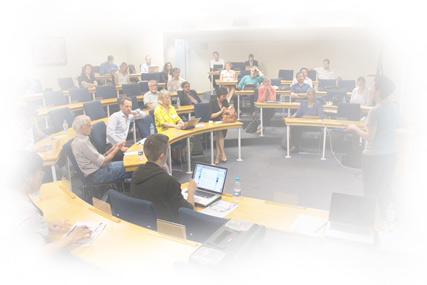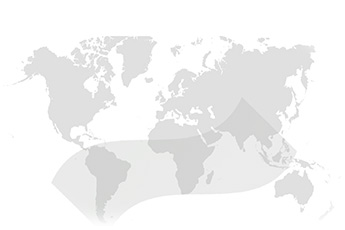Cultural-historical factors influencing OER adoption in Mongolia’s higher education sector
Project overview
Project outputs
General objective: This research serves as the first study focused on the factors affecting adoption of OER and open licensing in Mongolia. It is hoped that the findings of this study will inform future OER advocacy and implementation initiatives in the region.
Specific objectives: To assess how open licensing of free educational resources might influence Mongolian educators, institutions, and government educational policy in coming years; and provide practical input on how OER could be adopted and adapted to suit local educational strategies and policies.
Research question: What are the cultural-historical factors that shape OER activities in Mongolia’s higher education sector?
Overview
The arrival and deployment of OER in Mongolia has a very particular history – one tied up with the radical changes that occurred after the country’s transition from communism to a market economy, from Soviet patronage to international donor sponsorship, from Russian as a second language to English, from free to fee-based educational provision, and from state-controlled higher education to an increasingly massified, privatised sector.
Since 2010, Mongolia has hosted a series of national forums, workshops and pilot projects on OER, typically driven by international funder organisations. Most of the focus has been on K-12 education, but the implications for higher education have also been noted. Thus, at the moment, OER activities remain nascent, with low adoption rates in the education sector relative to traditional teaching approaches. Researching the cultural-historical factors that enable or hinder OER adoption in Mongolian higher education is therefore the focus of this study.
This exploratory research project investigated the strategies and practices of educators from six public and private HEIs in Mongolia in order to understand the role of OER in their work. It sought to assess the cultural-historical factors that shape OER activities – and potential – in Mongolia’s higher education sector, determining whether OER can ever move beyond a niche innovation advocated and funded by international donors to one that is broadly adopted, implemented and disseminated by local educators.
Data was collected through qualitative interviews with 14 participants (eight educators and six administrators) from Mongolian HEIs who were recruited using a sample of convenience. After assessing the responses of the qualitative interviews, a follow-up survey was conducted with 42 instructors and administrators at six higher education institutions.
This is the first study of OER activity in Mongolia’s higher education system. The intention of this research is to move beyond OER advocacy and Action Research projects in Mongolia to identify cultural-historical factors that could be addressed in an effort to more deeply stimulate the adoption, implementation, and dissemination of OER in Mongolian education.
Project outputs
Presentation at OEC Global Conference, Banff, Canada, 2015: Exploring the cultural historical factors that influence OER adoption and use in Mongolia’s higher education sector



